
About Us
This Section was established in 2010 for the purpose of creating a forum where Alaska Native/American Indian/Indigenous women can network, get mentorship and support each other; provide outreach, guidance, and mentoring to Indigenous students of psychology; promote the fundamental objectives of the American Psychological Association and Div. 35; advance understanding of psychology of Indigenous women; and further the development of research methods and models of treatment and intervention that are ethnically, culturally and gender appropriate for Indigenous women.
Skywoman, Spider Woman, Corn Maiden,
White Buffalo Calf Woman, Tonantzín

Indigenous Feminism is inherent in the Native cultures of the Americas. Despite a variety of cultures from over 400 tribes and languages, the similarities in creation stories, women’s roles, and ceremonies are intertwined like a woven rug or birch bark basket. Indigenous Ways of Knowing are inseparable from Indigenous Feminism and include: connection to nature and care for the Earth; permeable connections between people and the rest of Creation; the critical notion that all things in Creation are Sacred; the importance of balance and harmony within and between people and Creation, and a cyclical view of time, development, and existence.

President -Vicky Lomay, PhD
(2025–27)
Diné (Navajo Nation)
She completed her doctoral studies at Arizona State University in counseling psychology. She completed an APA-accredited clinical internship at the Missouri Health Sciences Psychology Consortium in Columbia, Missouri. She went on to finish a research fellowship and postdoctoral residency in clinical neuropsychology at Barrow Neurological Institute/St. Joseph’s Hospital & Medical Center in Phoenix, Arizona.
Source:Tsinajini Psychology Services, PLLC

Past-PresidentAlberta Arviso, PhD
(2023–25)
Diné (Navajo Nation)
Dr. Arviso holds a PhD in clinical psychology from Washington State University and an EdS in school psychology from the University of Arizona. She is certified in school psychology by the Arizona Department of Education. Dr. Arviso is Dine’ (Navajo) and is fluent in Dine’ Bizaad (Navajo Language). Family, horseback riding, running, yoga, music, art, and life-long learning are among her favorite activities.
Source: The University of Arizona
Our Vision
Indigenous Feminism is deeply rooted in the Native cultures of the Americas, with a common thread running through diverse tribes and languages. It is closely tied to Indigenous Ways of Knowing, emphasizing balance, harmony, and interconnectedness between all living things, the Earth, and the Sacred Feminine and Sacred Masculine. These cultural values reject Western gender roles, promoting a dynamic, fluid, and cooperative relationship between feminine and masculine aspects in every being.
Founded in 2010, this Section aims to create a supportive community for Alaska Native, American Indian, and Indigenous women to connect, mentor, and empower each other. It is dedicated to advancing the understanding of Indigenous women’s psychology, providing guidance to students, and promoting culturally relevant research and interventions. The focus is on nurturing Indigenous women's leadership and their vital contributions to the survival and strength of their communities.

We want to support you!
Indigenous women have always been the keepers of stories, histories, and knowledge, often serving as the foundation of family and community structures. Indigenous feminism values mentorship, respect, and the collective nurturing of future generations. It embraces the roles of women as caretakers, cultural transmitters, and leaders, emphasizing the integration of body, mind, spirit, and land in maintaining the health of individuals and communities.
In the face of colonialism and patriarchy, contemporary Indigenous feminism strives to heal and empower by reconnecting with ancestral knowledge, undoing the damage of systemic oppression, and building bridges with others to create resilient, thriving communities.

Our Purpose
-
To network and get mentoring and support from each other.
-
To provide outreach, guidance and mentoring to Indigenous students of psychology.
-
To advance understanding of the psychology of Indigenous women to further the development of research methods and models of treatment and intervention that are ethical, cultural and gender appropriate for Indigenous women.
-
To advance the scientific understanding of features of ethnicity, culture and class among Indigenous women which pertain to the psychology of women.
-
To accentuate the importance of adequate education and training in service and investigative approaches related to Indigenous people.
-
To advocate on behalf of Indigenous women psychologist with respect to the formation of policies of Division 35.
-
To provide a systematic forum for the presentation of police, clinical and research findings in the area of services to American Indian/Alaska Native and other Indigenous women, children, youth and families at APA meetings.

🌿 Join Our Monthly Circle for Indigenous Women Psychologists 🌿
We gather once a month via Zoom to share space, connect, and support one another in a sacred circle rooted in Indigenous values, wisdom, and professional care.
Whether you're seeking community, solidarity, or simply a place to breathe and be seen, you are welcome here.
✨ This is a space for Indigenous women psychologists to gather, grow, and ground together. ✨
🌀 Want to attend our next circle or learn more?


Did you know that our membership is free?
Membership runs from January 1 through December 31.
Any membership starting after August 1 will be applied to the following calendar year.
If you have any questions about membership, please contact the section president.
Sweetgrass Award PAST RECIPIENTS 2025 Teresa LaFromboise, PhD Marilyn Begay, PhD 2024 Jacqueline “Jacque” Gray, PhD 2023 Denise Newman, PhD 2022 Kee J.E. Straits, PhD 2021 Dee (Dolores) Subia Bigfoot 2020 Gayle Morse, PhD 2019 Diane Willis, PhD Iva GreyWolf, PhD 2018 Melinda Garcia, PhD 2017 Alberta Arviso, PhD
Sage Award PAST RECIPIENTS 2025 Katherina Arteaga, GS. 2024 Anna Kawennison Fetter, PhD 2023 Maria Crouch, PhD 2022 Julii M. Green, PhD 2021 Melissa Tehee, PhD, JD 2020 Joanna Shadlow, PhD 2019 Wendy Peters, PhD 2018 Glenna Stumblingbear Riddle, PhD 2017 Amoneeta Beckstein, PhD
Cedar Award PAST RECIPIENTS 2025 Vernita Perkins, PhD 2024 Maredyth B. R. Cheromiah Salazar, MS 2023 Sheena Greenstone, MA 2022 Stephenie Wescoup, MEd 2021 Erica Ficklin, MS 2020 Melissa Wheeler 2019 Devon S. Isaacs, BA 2018 Kellylynn Zuni 2017 Amanda Young
Advocacy Priorities



The Department of Justice has prioritized working to address the causes of violence against Native American individuals and communities and to bring justice to victims and their families.
ICWA provides guidance to States regarding the handling of child abuse and neglect and adoption cases involving Native children and sets minimum standards for the handling of these cases.
Secretary Deb Haaland made history when she became the first Native American to serve as a cabinet secretary. She is a member of the Pueblo of Laguna and a 35th generation New Mexican.

Turquoise Alert System
Arizona Legislature unanimously approves Turquoise Alert System for missing Indigenous people
The creation of the Turquoise Alert System cleared its final legislative hurdle on Wednesday when it passed the state House of Representatives unanimously
The new system, which would function similarly to the existing Amber Alert and Silver Alert notification systems, would coordinate alerts for missing Indigenous or endangered persons through the federally authorized Emergency Alert System.
Read the full bill here: ARIZONA STATE SENATE. Fifty-Seventh Legislature, First Regular Session. AMENDED. FACT SHEET FOR H.B. 2281. missing indigenous person; alert system

Breaking The Silence
Breaking Bosque School’s Silence on Racism Within Its Walls
Dr. Kee Straits is a bilingual licensed psychologist who holds a PhD in Counseling, School, and Clinical Psychology. She is Native American (Quechua) and Latina.
As I tried to address the concerns raised in that letter and other problems, I uncovered a toxic environment leading to staff departures and student unrest.

American Indian and Alaskan Native Maternal Mental Health
Though the body of research is still growing in the U.S., initial data on the prevalence of maternal depression for American Indian/Alaskan Native women in the United States ranges from 14-30%.
Focus Area Closing Gaps in MMH
Written by Policy Center for Maternal Mental Health
Check out the Fact Sheet
We are pleased to share access to an 8-week EPPP Study Group video series led by Dr. Becca Jarvis and hosted by the
Michigan School of Psychology (MSP).
This series provides a structured review of core EPPP content areas and is intended to support students and early-career professionals in their exam preparation.
Acknowledgment:
These materials are shared with the permission of Dr. Becca Jarvis.
If you reference or share these video links outside of Section 6’s website, please clearly acknowledge:
Dr. Becca Jarvis and the Michigan School of Psychology (MSP).
Research Alert!


Calling All Psychology Researchers: Collaborate with Section 6!


Are you passionate about psychological research?
Interested in co-authoring papers, presenting at conferences, or pursuing research grants with a collaborative team?
Section 6 wants to connect and support you!
We’re building a vibrant network of researchers who are eager to:
-
Collaborate on innovative psychology research projects
-
Co-author papers for publication and presentation
-
Apply for institutional, regional, or national grants
-
Share ideas, resources, and mentorship
Whether you're early in your research journey or bring years of experience, we believe that collaboration strengthens science, and we're here to make it easier, more inclusive, and more impactful.
🔗 Join us. Let’s write, present, and pursue funding together.
Section 6 Officers
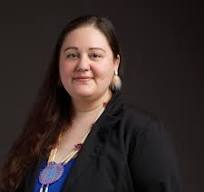
Maria Crouch, PhD
Secretary
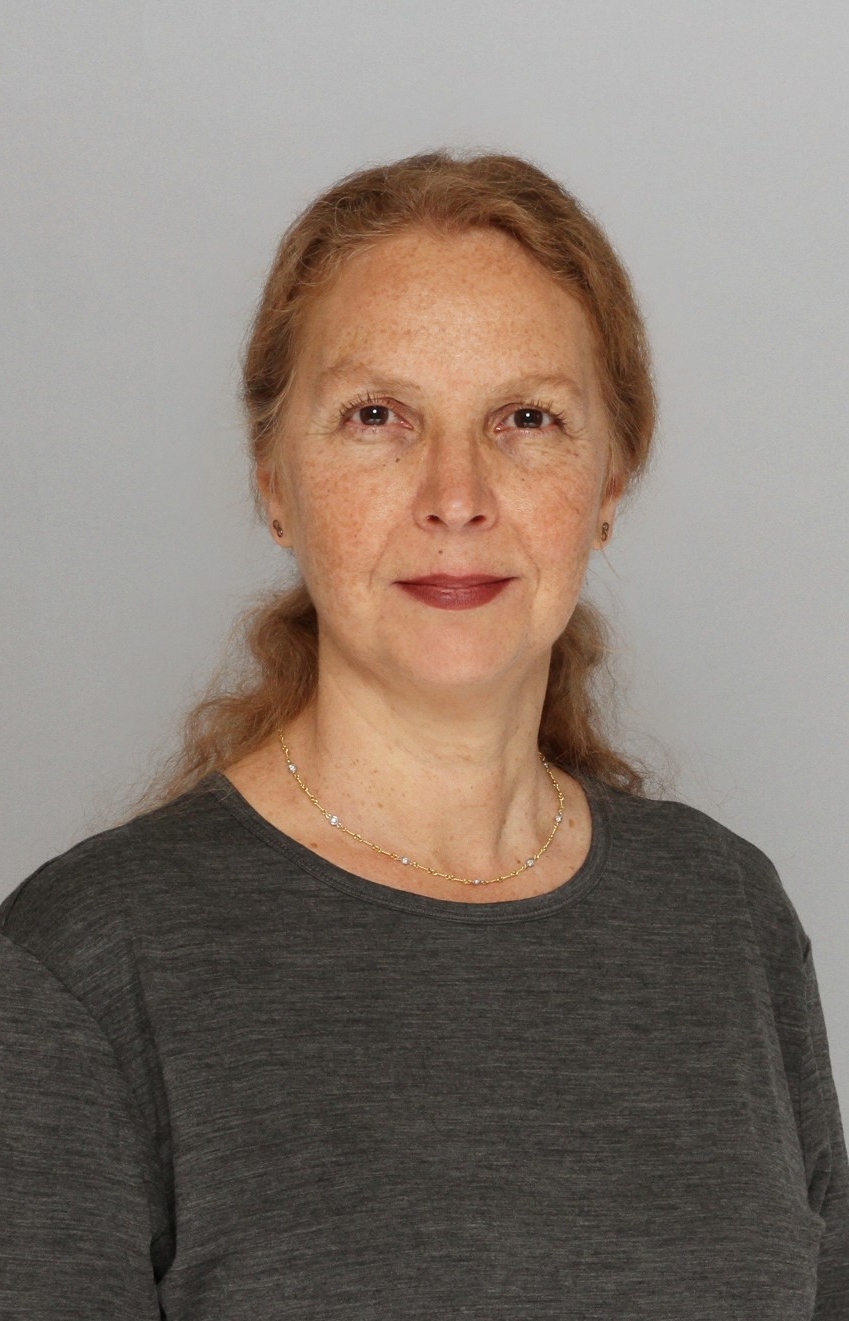
Rachel Fouladi, PhD
Membership Chair

Amanda Young, PhD
Task Force MMIP Spokesperson
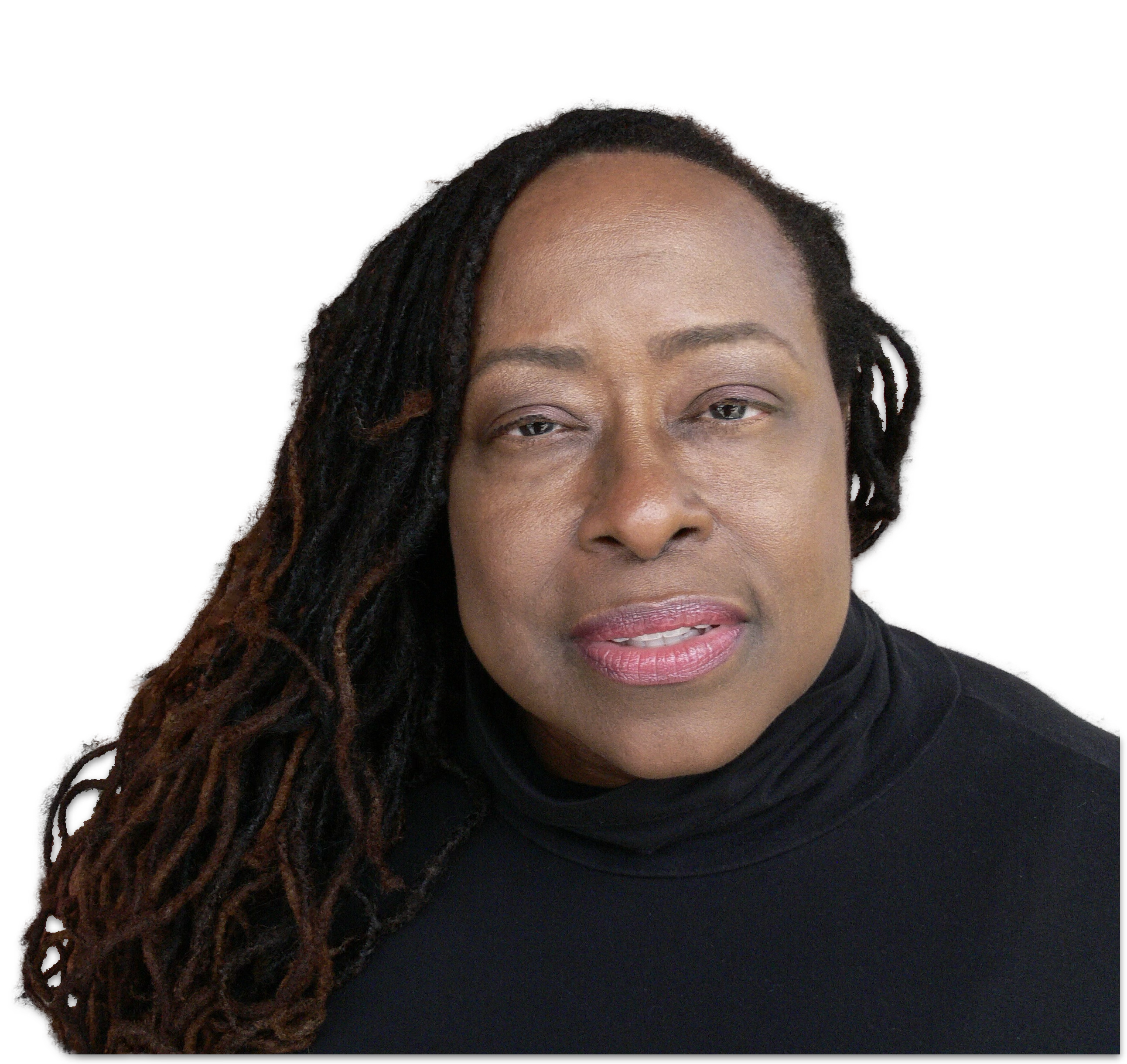
Vernita Perkins, PhD
Treasurer
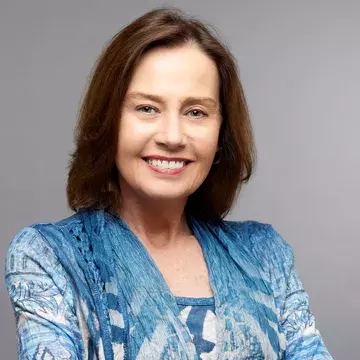
Teresa LaFromboise, PhD
Awards Co-Chair
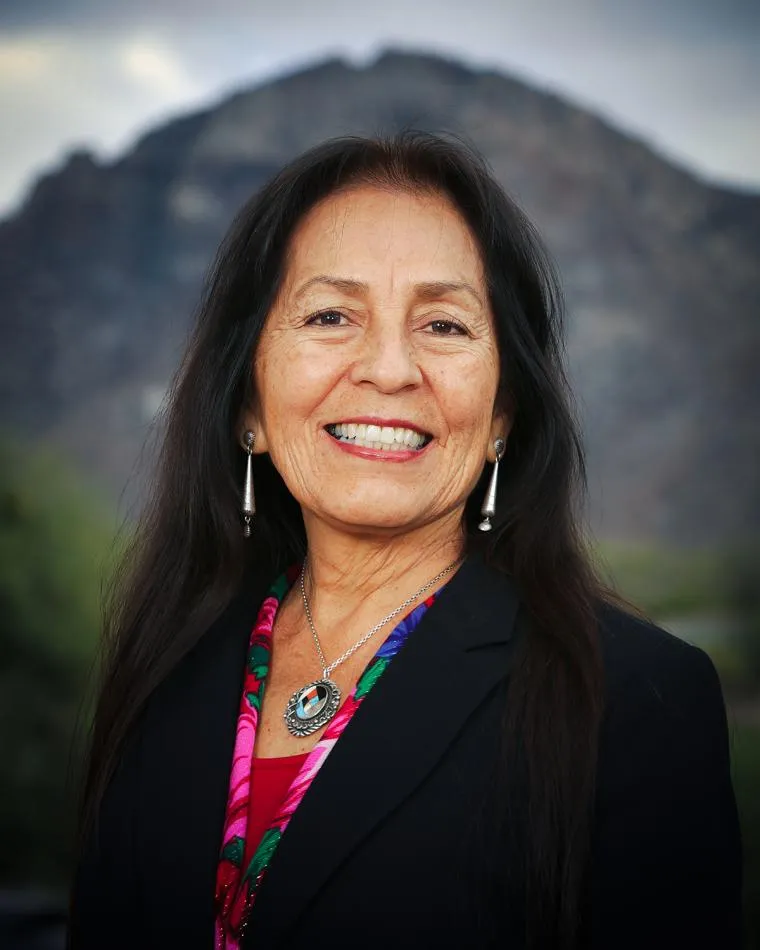
Alberta Arviso, PhD
Awards Co-Chair
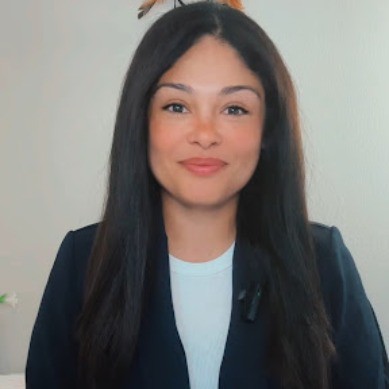
Brenda Bardaels, PsyD(c)
Webmaster

Camille Archer
Student Representative

Antonia Kaczkurkin
Early Career Professional Chair
.png)












